Know that this article was inspired by recent and very real events. A few weeks ago I received an edited manuscript from a very patient editor, almost three-hundred pages absolutely covered in red-slashed edits. Flipping through it was like fast-forwarding through a B-grade slasher film. A few days later, I got a review back from a female beta-reader who said that the mother in the story wasn’t landing properly and that a risk I took near the end, a scene that was meant to be the narrative climax of the second book, bored her. Double ouch. So let’s get real about what the editing process is like and how to survive it. "...almost three-hundred pages absolutely covered in red-slashed edits.
Principle 1: Force equals mass times acceleration.Application to Bar Fights: Big people (i.e. big mass) don’t have to move very fast (i.e. low acceleration) to throw forceful punches. Small people (i.e. small mass) need to strike extra fast (i.e. high acceleration) to hit with the same kind of force.
By the way, this rule also explains why sugar-coated feedback (i.e. low acceleration) is not helpful. It doesn’t matter if you are dealing with a big mass or a small mass; if it’s moving really slowly it isn’t going to hit with noticeable any force. "...get strangers or friends-of-friends (i.e. small mass) to review it in order to lessen the force when those criticisms hit." Principle 2: Force can also be viewed as change in momentum over time.Application to Bar Fights: Bones don’t break because they are moving really fast. Bones don’t break because they stop moving. Bones break because they go from moving really fast to a complete stop really quickly. It’s the difference between being shoved up against a wall and being thrown into it.
Principle 3: Intensity of impact is proportional to an object’s rigidity.
"This principle is also the reason you can go diving into a pool of water but not into a pit of gravel." Application to the Editing Process: The more nervous you are about others critiquing your work (i.e. rigidity) the harder their criticism is going to hit you. This is unfortunate because that means your own fear of criticism is proportional to how much it is going to hurt when it inevitably comes crashing into you. So don’t tense up. Pretend you are someone else looking at your work. Even better, treat the work as if it was someone else’s story or poem. The more you can relax into the idea that your story is going to take a few hits, the more efficiently you can spread the impact of that criticism around. "Pretend you are someone else looking at your work.
1 Comment
|
AuthorJoshua Gillingham is an author, editor, and game designer from Vancouver Island, Canada. Archives
April 2022
Categories
All
|


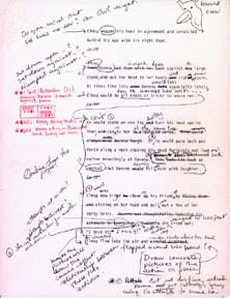
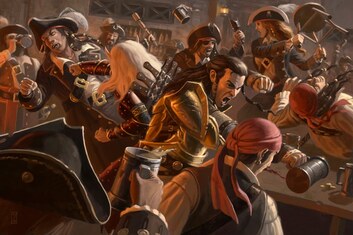
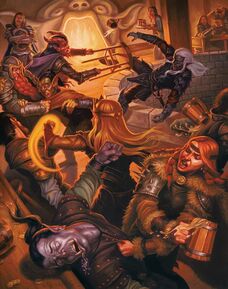
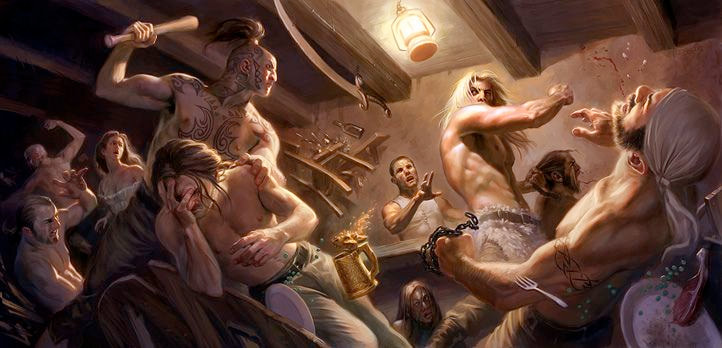
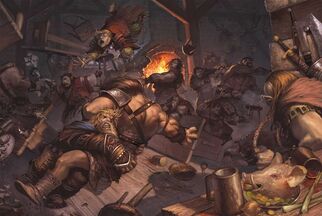
 RSS Feed
RSS Feed
